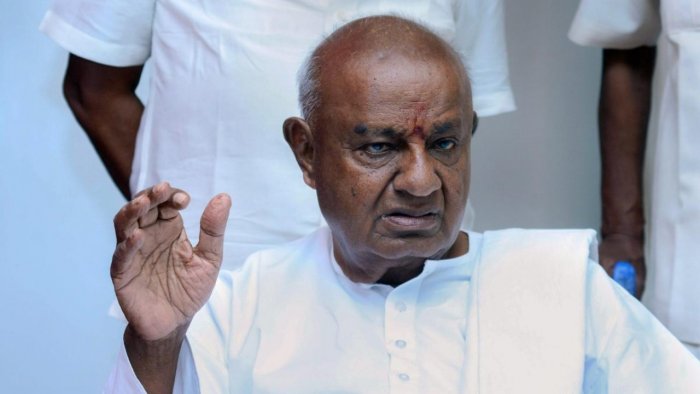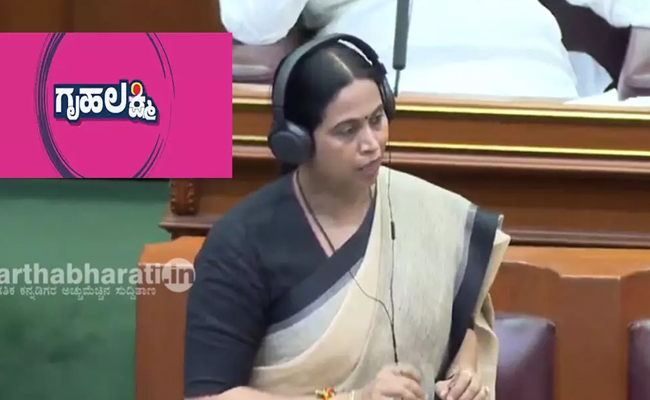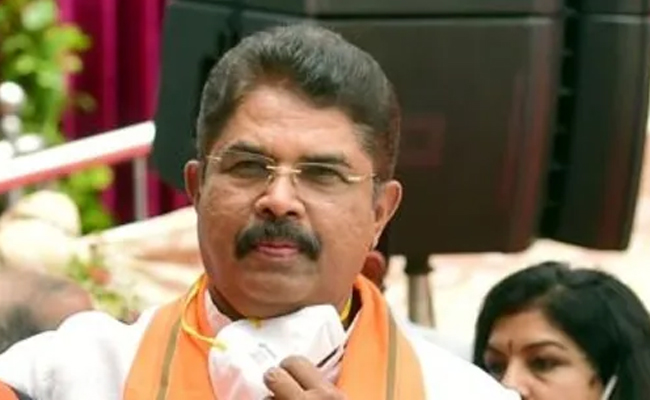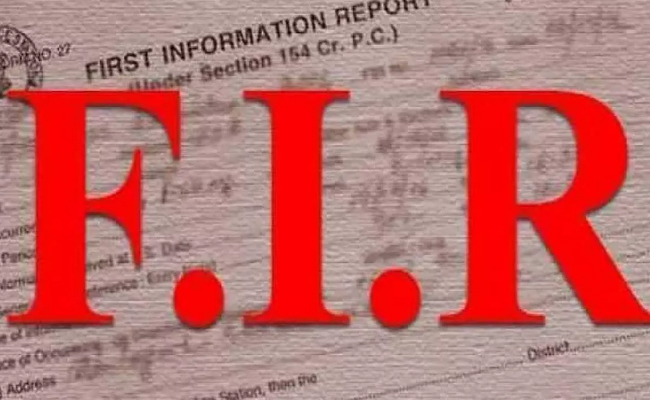New Delhi, Dec 12: Former prime minister H D Deve Gowda often championed farmers' causes and as a tribute to his commitment and initiatives towards the community, peasants of Punjab named one of the finest varieties of paddy after him, says a biography on him.
Gowda is known to have never violated the decorum of the House as a legislator and parliamentarian. But only once in his long career did he violate this self-imposed principle, and it was when the welfare of his loyal constituency of farmers was 'threatened', writes journalist Sugata Srinivasaraju in his book "Furrows in a Field: The Unexplored Life of H D Deve Gowda".
Referring to incidents of July 31 and August 1, 1991 in Lok Sabha, the book recalls how during a heated discussion on Manmohan Singh's first budget, Gowda had rushed to the well of the house to pressure the government to rollback its decision to end subsidies for the farm sector for over a three-year period.
"I am a farmer and a tiller's son and I will not allow this. I will sit on a dharna. I will not go out from this house. It is not for publicity's sake that I am doing it," he had said.
In 2002, when farm suicides were being reported in big numbers from all across India, Gowda took a delegation of nearly 2,000 farmers from Karnataka by train to Delhi and got them an audience with the then prime minister Atal Bihari Vajpayee.
"It was unprecedented, especially for a former prime minister to protest in this manner. People in Delhi were bewildered," the book published by Penguin Random House India says.
"As a tribute to Gowda's lifelong commitment to the farmers' cause, and for his policy initiatives towards the peasant community, and the stellar pro-farmer budget of 1996-97, the farmers of Punjab named one of the finest varieties of paddy as 'Dev Gowda' (sic) after he stepped down as prime minister," Srinivasaraju writes in the book.
"It is said the paddy variety was very popular for over two decades. Farmers who could not converse with Gowda in Punjabi, Hindi, Kannada or English had understood and acknowledged the man's intent. Ironically, this tribute too remained little known, and unsung like all other things associated with Gowda," he writes.
"A usually well-informed Gowda was himself not aware of this paddy variety until Karnataka cadre IAS officer from Punjab, Chiranjiv Singh, wrote about it in his Kannada newspaper column in 2014," he adds.
The association with paddy, the association with the soil, the association with a staple diet of a people was the most magical and original metaphors that could have been thought of for Deve Gowda, the author says.
The book also says how in 1996, Mahendra Singh Tikait, farmers' leader from the same western Uttar Pradesh belt as Charan Singh, hailed Deve Gowda as the 'Choudhary Charan Singh of the south' at a meeting in Muzaffarnagar.
Deve Gowda has been in public life for nearly seven decades. He started at the very bottom, as a member of the Holenarasipur Taluk Development Board and reached the very top as India's 11th prime minister, in 1996.
In between, he was an independent legislator, spent long years as leader of Opposition in the Karnataka Legislative Assembly, had been an effective irrigation and public works minister, and chief minister in 1994 after many missed opportunities.
Even 25 years after he stepped down as prime minister, he has remained relevant in Indian politics.
The book also describes in detail interactions between Deve Gowda and Vajpayee among several other things.
The two would not have interacted as much if they had not been prime ministers and former prime ministers, and if one had not preceded and succeeded the other, it says.
Gowda succeeded Vajpayee immediately after his first 13-day brush with power, and there was the motion of confidence in which the two came face to face for the first time on the floor of the Parliament.
"Gowda and Vajpayee were two very different people. Vajpayee was essentially a Hindi person, Gowda used English to communicate, which in reality was notches above Vajpayee's felicity. If Vajpayee was full of rhetoric, flourish, and pregnant silences, Gowda was always about dry details, documents and a kind of drawl," the author says.
Let the Truth be known. If you read VB and like VB, please be a VB Supporter and Help us deliver the Truth to one and all.
Belagavi (Karnataka) (PTI): The opposition BJP on Wednesday staged a walkout from the Karnataka assembly protesting the alleged "non-disbursal" of two months' installments to 1.26 crore beneficiaries under a woman's assistance scheme of the state government.
The protest followed a heated debate in which the opposition accused the state government of providing "misleading" information regarding the payment status of the flagship Gruha Lakshmi scheme.
The saffron party members trooped into the well of the House and raised slogans, leading to the adjournment of the proceedings of the House for over an hour.
ALSO READ: 'Homebound' makes it to Oscar shortlist for best international feature
The Gruha Lakshmi guarantee scheme is one of the five pre-poll promises of the ruling Congress. It provides Rs 2,000 monthly to women heads of the Below Poverty Line (BPL) families.
The BJP legislators accused Woman and Child Welfare Minister Laxmi Hebbalkar of having "misled" the House by giving false information to BJP MLA Mahesh Tenginkai that all the instalments till August have been paid under the scheme.
The opposition charged that the installments for the months of February and March this year were not paid.
The BJP MLAs' grouse was that they had been demanding an explanation from the Minister for the past three days, but she never turned up to provide information.
As soon as the session started, the opposition members trooped into the well of the House demanding the Minister's presence, which led to the adjournment.
When the members assembled again, the Minister replied that this is a unique flagship programme of the Congress government, which is a model for all the states.
Hebbalkar said she always strived to ensure that this scheme is implemented religiously.
"However, when I checked, I noticed that two months' installments were not paid to the beneficiaries through Direct Benefit Transfer (DBT). If my reply has hurt anyone, then I express my regret," she said.
Deputy Chief Minister D K Shivakumar, who came to the defence of Hebbalkar, said the BJP should apologise for the lie in the Union Budget.
"Despite the Union Minister Nirmala Sitharaman announcing Rs 5,300 crore for the Upper Bhadra Irrigation Project in the budget, the money was not given to Karnataka. You should question that as well," Shivakumar underlined.
ALSO READ: Actress Shilpa Shetty's restaurant booked for breaching operating hours
To this, Leader of Opposition in the assembly R Ashoka said the matter was raised because not only were the BJP members hurt but also the 1.26 crore beneficiaries who were eagerly waiting for the money.
Demanding that the lie be expunged from the House records, he insisted on a date for when the backlog will be paid to the beneficiaries.
The Minister said she was apologising for giving a wrong reply, but she was peeved at the way a woman was targeted in the House.
Objecting to this statement, BJP MLA S Suresh Kumar asked her to refrain from playing victim card and bring up the issue of gender, caste and religious discrimination as it was a matter related to 1.26 crore people.
Ashoka and the BJP MLAs then staged a walkout, saying the Minister's reply was not satisfactory.





